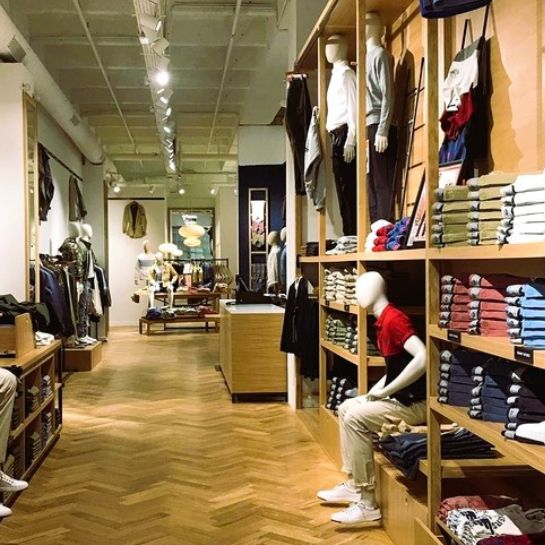18.03.2019
More and more companies in the retail industry use wireless RFID technology. What is it about and what benefits can it bring to producers and retailers?
The RFID (radio-frequency identification) system is based on the use of radio waves. The data is placed on a special chip (other names are tag, label or transponder) that has a built-in antenna. Thanks to this, the RFID reader is able to send a signal to the chip and read all the information from it. The advantage of this technology is the ability to operate at a distance and scan hundreds of thousands of tags at the same time. Thanks to this, you can, for example, count products in a warehouse or store, or check the contents of the package without opening it. Other advantages include instant data reading, the ability to verify or identify the product without touching it (at a distance), the ability to not only read the data, but also to save them and possibility to store more data than the barcode technology allows.
The RFID implementation starts already at the moment the label is sewn by the manufacturer. From now on, each piece of products is identified by a unique number stored in the RFID chip. Manufacturers can use RFID tags to monitor production as well as to streamline their shipping processes. The release of the products from the manufacturer’s warehouse is automatically registered and the information about the shipment is passed to the recipient. The RFID tag is also a protection against counterfeiting of products. The technology enables the automation of products reception in warehouses and distribution centers. In turn, in the store it allows you to monitor the inventory on an ongoing basis. Thanks to this, you can generate automatic orders to supplement your stocks and deliver goods on the shelf on a regular basis, avoiding interruptions in the availability of products. Another place where RFID technology can be used is a fitting room. On the one hand, it is a non-invasive way to control the amount of clothes taken to the dressing room and on the other, it allows the staff to quickly access information on the clothes being sewn in, as well as better and faster customer service. An additional place where RFID can be used are anti-theft gates, which eliminates the need to clip each product.
The advantages of RFID technology have recently been noticed by our client, the LPP group. The Tri-City company decided to introduce RFID to increase the availability of products and the level of customer satisfaction. The program will be implemented throughout the entire LPP supply chain, starting from the production process, as well as in more than 1,700 stores in 23 countries.
It seems that the clothing industry may in the future be the main beneficiary of RFID technology. Already today you can meet interactive fitting rooms, where products are scanned immediately after entering and special mirrors give the information about the composition of the product and display recommendations of accessories to a specific stylization. What’s more, you can ask the staff to bring these accessories using one button. We will probably soon hear about other interesting applications of RFID technology.

12.02.2026
Dockers is one of the global apparel brands that Ergo Store has supported for years, delivering brick-and-mortar retail spaces across various parts of Europe. What are the most distinctive features of the brand’s store concept, which until 2025 was part of Levi Strauss & Co.?